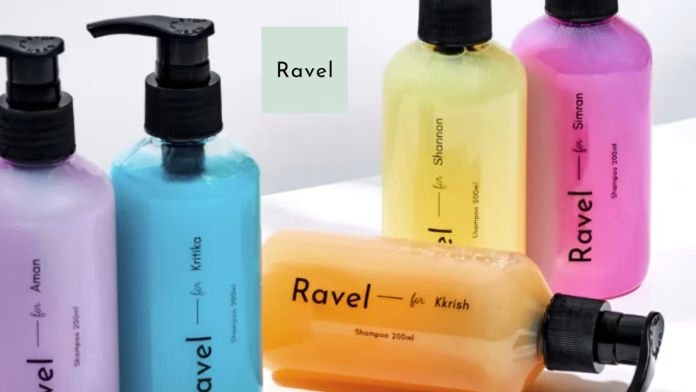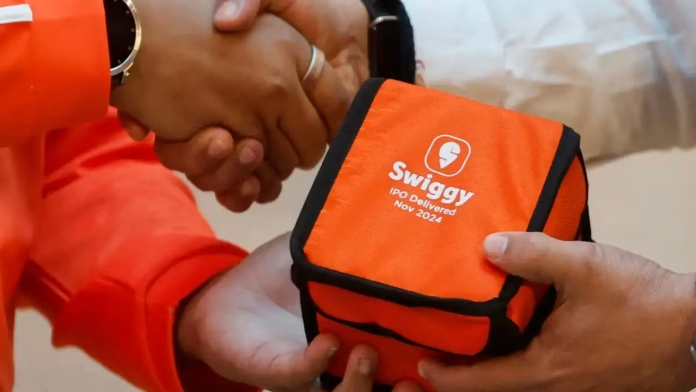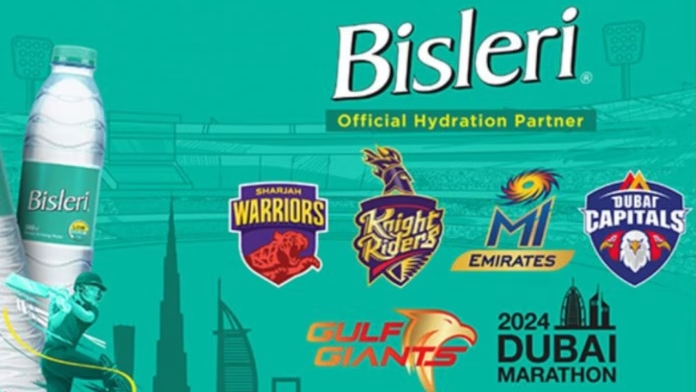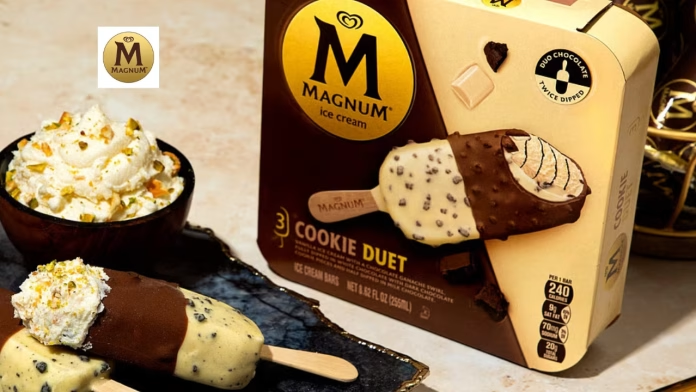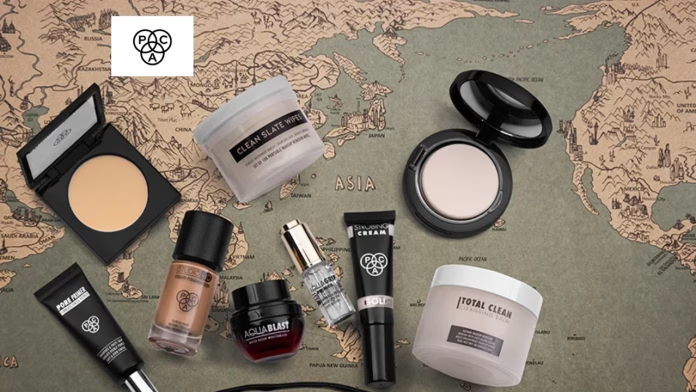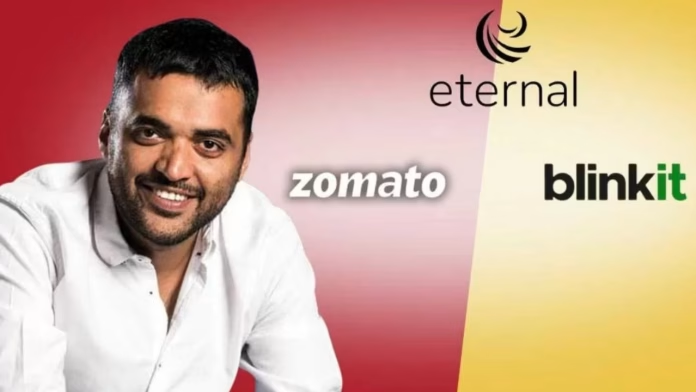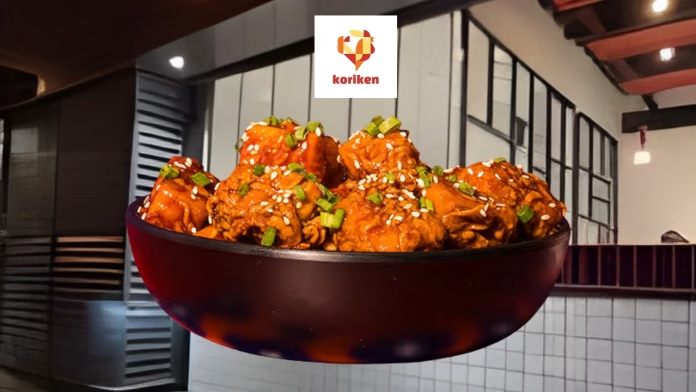Laurel’s has pulled off a remarkable first year, crossing the coveted seven figure mark in annual sales and catching the attention of buyers across the retail landscape. The brand, launched in August 2024, entered the market with a simple idea. A ready to drink latte made with A2 dairy and crafted with flavors that feel familiar yet elevated. What started as a small launch has now turned into a fast expanding presence in premium stores.
In just over a year, Laurel’s products have made their way into Erewhon, Gelsons, and Wegmans. The momentum has not slowed down. Whole Foods Market has taken the brand nationwide and conversations with Target and Kroger are already underway for 2026 placement. This early scale is unusual for a young beverage company and speaks to the demand for A2 dairy as shoppers continue searching for cleaner and easier to digest options.
Industry analysts estimate that the A2 dairy category will grow close to fifteen percent year over year through 2030. Smaller players who entered early are now in a strong position to ride the wave. Laurel’s sits in the same circle as Pioneer Pastures and Alec’s Ice Cream, two other names that have helped shape the space. Retailers have also noticed that shoppers are actively shifting from standard dairy to A2 based choices, especially in ready to drink beverages.
With this level of traction, the team at Laurel’s is preparing for its first institutional raise in the coming quarter. Investors have been following the brand’s climb closely and early signs point toward a competitive round. If the company maintains its current pace, it could be one of the breakout stories in the next chapter of the A2 category.



